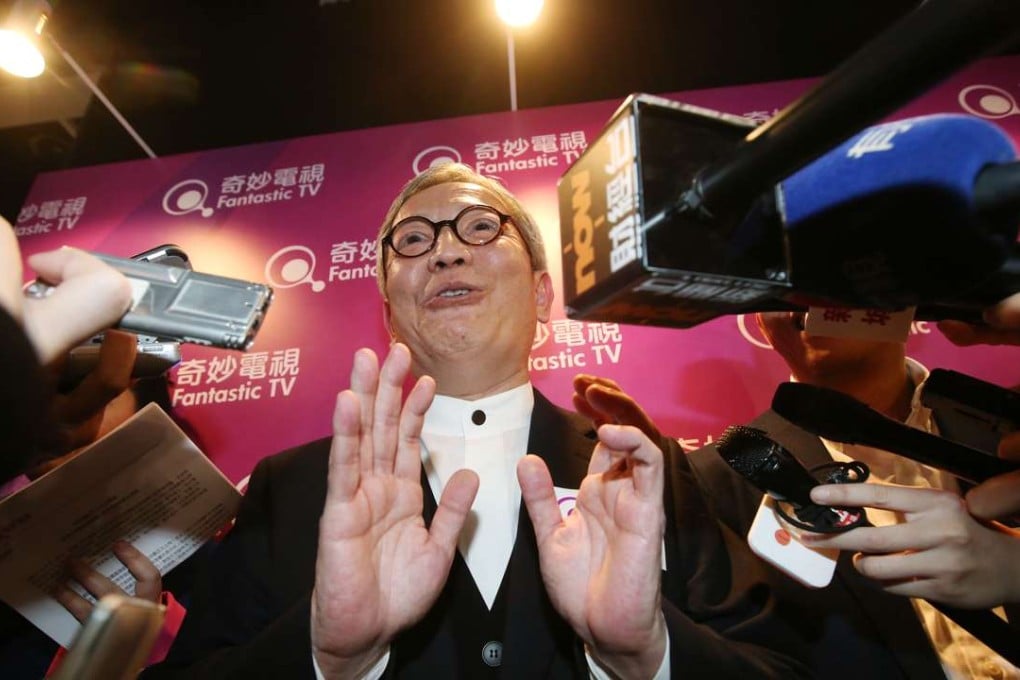Analysis | Size does matter: Hong Kong’s TV industry pays the price for small market
Pay-TV operators i-Cable and Now TV, and the city’s free-to-air broadcasters like TVB and new entrant Viu TV, face rising competition from online content distributors

Television broadcasting, like most media and entertainment businesses, is no easy industry to play in – even more so in Hong Kong.
That is the latest assessment from Richard Li Tzar-kai, chairman of telecommunications giant PCCW, which owns both pay-TV and free-to-air TV businesses in the city.
“Cash flows from our pay-TV business, Now TV, will help develop our free-TV business, Viu TV,” he told PCCW’s annual general shareholders’ meeting on Friday. “We do not expect Viu TV to be profitable in the next two to three years, but it will be a good [content distribution] platform for us.”
PCCW plans to plough HK$350 million into Viu TV, whose operating costs have been lowered by savings from economies of scale and resource-sharing from its pay-TV business.

Although Now TV is the pay-TV market leader in Hong Kong, it suffered a decline in profitability last year, with earnings before interest, tax, depreciation and amortisation falling 15.9 per cent to HK$413 million.
Now TV’s best year was 2011 when it reported ebitda of HK$631 million. No net profit figure was disclosed.

